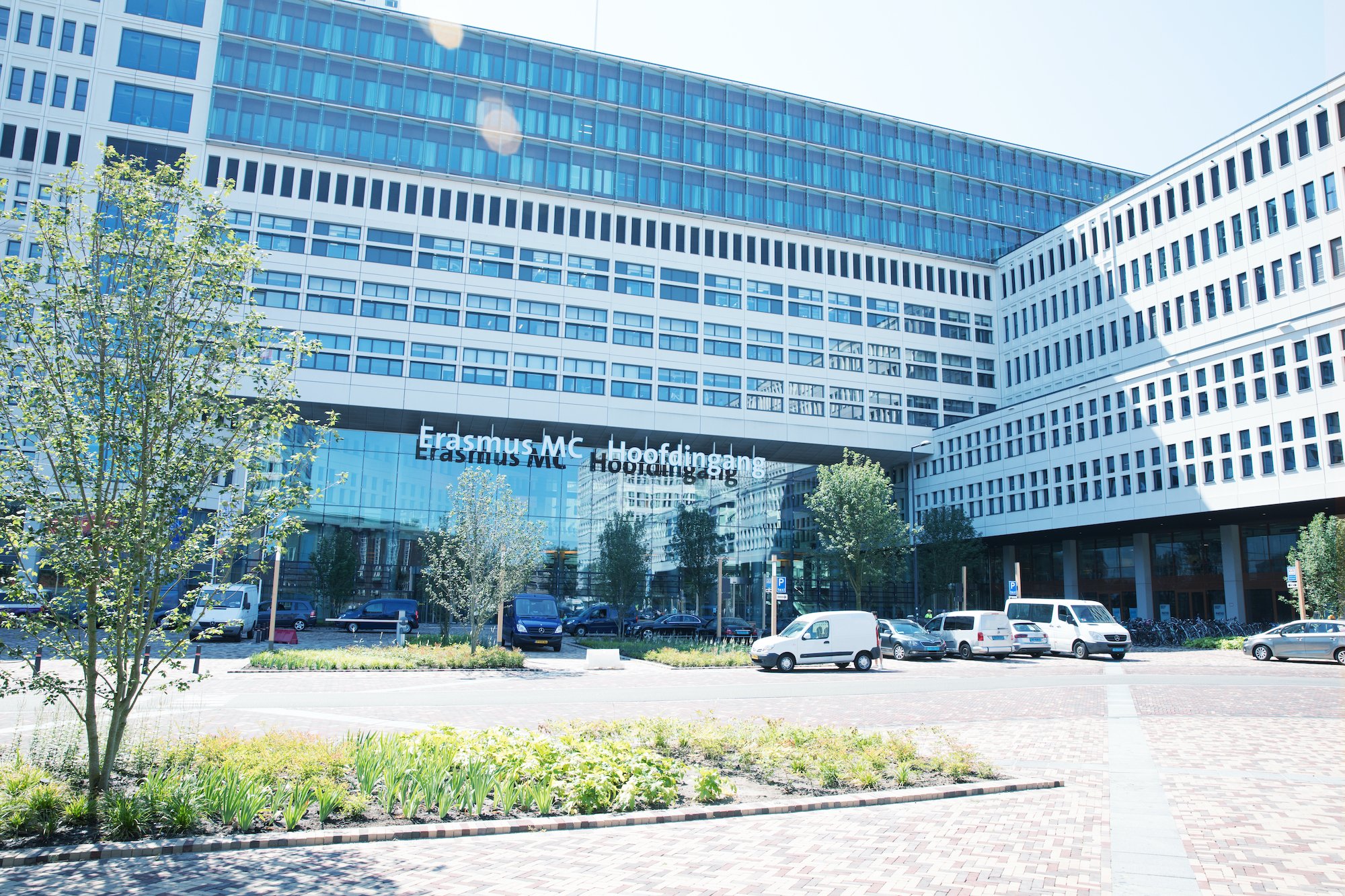PhD Candidate on the project: Developing arm-hand training tools based on minimally-actuated ultra-low-cost portable robotic haptic devices
PhD Candidate on the project: Developing arm-hand training tools based on minimally-actuated ultra-low-cost portable robotic haptic devices
You cannot apply for this job anymore (deadline was 8 Feb 2023).
Browse the current job offers or choose an item in the top navigation above.
Job description
This project aims to enhance at-home arm-hand exercise by developing training tools based on minimally-actuated ultra low-cost portable robotic haptic devices. Wearable sensors and immersive VR/AR visualization might support and strengthen the application and use of such tools. Key characteristics of your solutions are the provision of personalized physical assistance and somatic (tactile+proprioceptive) sensation to practice meaningful functional tasks, measurement of the quality of task performance, realistic simulation of real/imaginary activities of daily living, adaptation to the patient’s needs and capabilities, and enhancement of their motivation and reduction of their cognitive load.
Specifications
- max. 36 hours per week
- Rotterdam View on Google Maps
Requirements
You are a highly motivated candidate with a MSc degree in Mechanical Engineering, Robotics, System and Control, Human Factors, Biomedical Engineering. Further you have:
- open-mindedness, communication skilles and motivation to embark on interdisciplinary research;
- hands-on mechanical design and development skills;
- affinity with health care and clinically-oriented research;
- solid programming skills;
- ability to take initiative;
- proficient in verbal and written English.
Candidates with a strong track record in rehabilitation robotics, control, and human-robot interaction are especially encouraged to apply. In addition, experience with one or more of the following topics is considered a plus: motor learning, computer graphics, and movement sciences.
Conditions of employment
Fixed-term contract: 4 years.
You will be employed by Erasmus MC. We offer:
- a challenging position within the largest University Medical Center (UMC) in the Netherlands with high ambitions in the field of healthcare, education and research;
- you will receive a temporary position for 4 years;
- the gross monthly salary is € 2.631,- in the 1st year and increases to € 3.336,- in the 4th year (scale OIO), based on 36-hour work week;
- excellent fringe benefits, such as a 13th month that is already paid out in November and an individual travel expense package;
- pension insurance with ABP. We take care of approximately 2/3 of the monthly contribution;
- special benefits, such as an in company physiotherapist and bicycle repairer. And there is also a gym where you can work on your fitness after work.
Employer
The pressing and complex social challenges of our time call for convergence; crossing boundaries between institutions and disciplines to create new perspectives and solutions. For this reason TU Delft, Erasmus MC and Erasmus University Rotterdam are joining forces in Convergence. Within the convergence theme Health & Technology we form new frameworks that promote scientific discoveries and technological innovation in health and healthcare. We do this by working on groundbreaking research and innovation bundled in 10 international leading research flagships.
The Convergence Human Mobility Center (CHMC) brings together technicians, clinical experts, socio-medical researchers, patients and industrial partners. Together we will build on technology-based interventions for minimally supervised motor rehabilitation at home and under minimal supervision of a therapist in the rehabilitation center. Motion sensors inform patients and their therapists about recovery and progress of treatment. Home exercise will be supported by easy-to-use robots with challenging (virtual) exercise programs tailored to the patient. These developments are emphatically done in collaboration with vulnerable groups so that they too benefit fully from this new form of rehabilitation. The future impact goes beyond the stroke population and will include diseases like multiple sclerosis, spinal cord injury, Parkinson’s disease and osteoarthritis.
Specifications
- PhD; Research, development, innovation
- Health; Engineering
- max. 36 hours per week
- University graduate
:fill(white)/logos/emc-en-wide.png)
